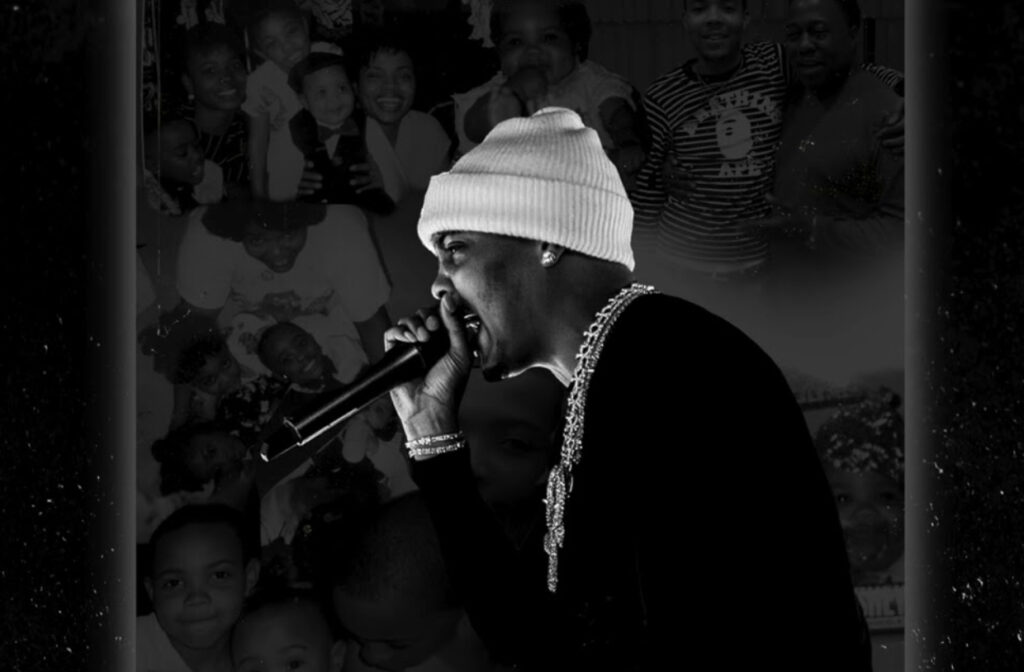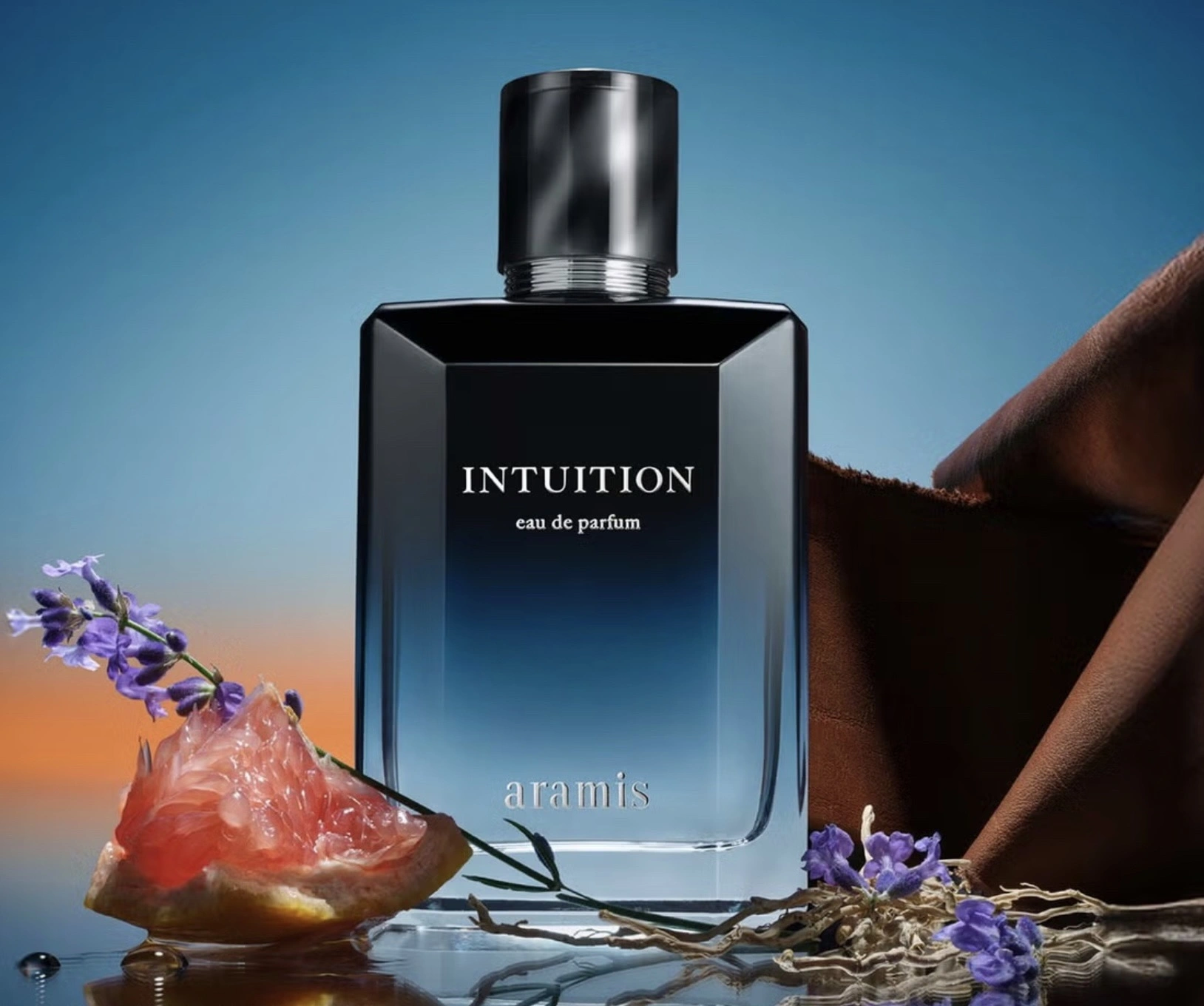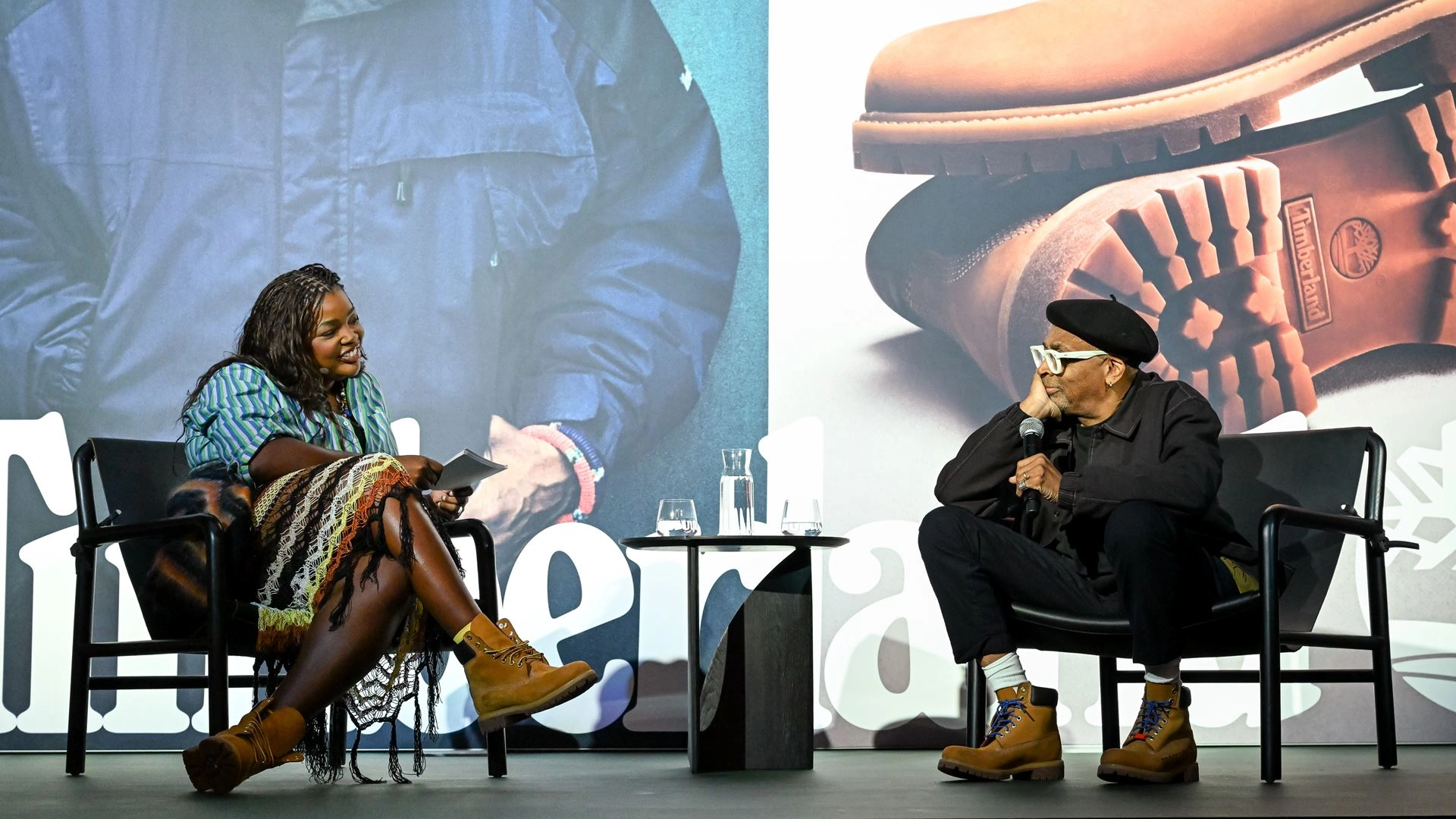G Herbo’s “Wayback” isn’t just another track—it’s a reckoning. It pulls memory out like shrapnel, each bar peeling back a scar, a lesson, a weight. Over a brooding instrumental laced with melancholy chords and sparse drums, the Chicago emcee doesn’t just rap—he reflects. The song, released as part of his ongoing exploration of trauma, identity, and survival, feels like a time capsule cracked open too early. It’s premature grief mixed with street mythology, delivered with Herbo’s signature tone: grizzled, measured, and never begging for pity.
For those familiar with Herbo’s catalog, “Wayback” is a continuation of what he’s always done best—pulling realism out of the rubble of Chicago’s war zones. But this time, he’s not concerned with proving himself or chasing trends. He’s trying to understand his own timeline. The song is an autopsy on the past, carried out in slow motion.
A Soundscape of Stillness and Static
Produced with restraint, “Wayback” doesn’t rely on bombastic snares or club-ready melodies. Instead, it leans into minor keys and vintage soul samples, creating a muted, eerie calm. The beat evokes concrete hallways, courtrooms, and funerals—all familiar territory for Herbo, not as a visitor, but as someone who’s lived inside the systemic maze.
The instrumental acts as an anchor, allowing his voice to float with heavy gravity. Every syllable is delivered as if it’s being dug up from beneath layers of silence. There’s a tiredness here, but also focus. Herbo has often referred to rap as therapy, but on “Wayback,” it feels closer to confession—raw and restrained, with no need for cinematic effects.
The Autobiography of a Survivor
“Wayback” dives into Herbo’s adolescence, but it does so without glamor. He reflects on past sins, youthful delusion, and the bodies he’s had to carry—both metaphorically and literally. References to lost friends, dodging indictments, and watching mothers cry aren’t exaggerated for effect—they’re delivered plainly, because pain doesn’t need embellishment.
Lines like “I got homies that got murdered and I still ain’t healed from that” cut through with startling simplicity. There’s no need for punchlines. The truth hits harder. Herbo doesn’t need to flex—the flex is that he’s still standing.
There’s also a subcurrent of moral fatigue. You can hear it in the way he pauses between thoughts. The past isn’t just remembered—it’s re-felt. That’s the weight of “Wayback”—it doesn’t move forward quickly, because it’s not about progress. It’s about presence in memory, about how trauma loops.
Post-Traumatic Poetics
Much of Herbo’s recent work (notably PTSD, 25, and Survivor’s Remorse) has been part of a growing body of post-trauma rap—a genre defined not by violence, but by the aftermath. “Wayback” fits squarely into this canon. It isn’t concerned with telling us how hard it was. It’s showing us how much that hardness still shapes him.
There’s a maturity in “Wayback” that makes it more than just a nostalgic track. It’s intergenerational mourning. Herbo understands that he’s not just telling his own story—he’s retelling the story of every kid from the block who didn’t make it, or who made it but can’t sleep at night because they did.
You feel that when he raps about court dates, lost friends, or the psychological price of street credibility. The street isn’t just a backdrop—it’s a condition. “Wayback” reveals how even success doesn’t mean escape—it means carrying your neighborhood with you, even when it tries to forget itself.
Style Without Spectacle
What separates G Herbo from many of his peers is his emphasis on substance over spectacle. He rarely relies on melodic hooks or pop-friendly structures. His delivery can feel offbeat, even stubborn. But in “Wayback,” that stubbornness becomes a virtue. His flow meanders not because he’s searching—but because he’s haunted.
There’s an unvarnished quality to his bars—no ad-libs, no theatrics. It feels like he’s rapping in a locked room, alone, to himself. That intimacy turns the track into a conversation you’re not supposed to overhear—making it hit even harder when you do.
“Wayback” as Cultural Document
“Wayback” isn’t just about Herbo—it’s about Chicago, America, and the systems that mold boys into soldiers before they learn how to breathe. It’s about how grief hardens into instinct. It’s about how memory isn’t nostalgic—it’s corrosive. Herbo doesn’t deliver clean moral lessons. He doesn’t pretend there’s redemption for everyone. He just documents reality.
There’s value in that. In a music industry oversaturated with fantasy and aspiration, “Wayback” stands firm as a record of what’s real. It’s not meant to entertain. It’s meant to bear witness.
And in doing so, it reminds us that rap isn’t just art—it’s archival, survival, and sometimes a way to hold the dead close without crumbling.
Impression
G Herbo’s “Wayback” is a quiet thunderstorm. It doesn’t explode. It settles in. It reminds listeners that behind every rap persona is a person—and behind every person like Herbo is a past that never stops echoing.
The power of “Wayback” lies in its truth-telling, its emotional restraint, and its refusal to let trauma be aestheticized. It’s a song about going back, not because you want to, but because you have to. Because memory is the only constant when everything else—freedom, friendship, forgiveness—has been made scarce.
And yet, through all of that, G Herbo is still here. Still rapping. Still remembering. Still making sure we never forget.
No comments yet.








